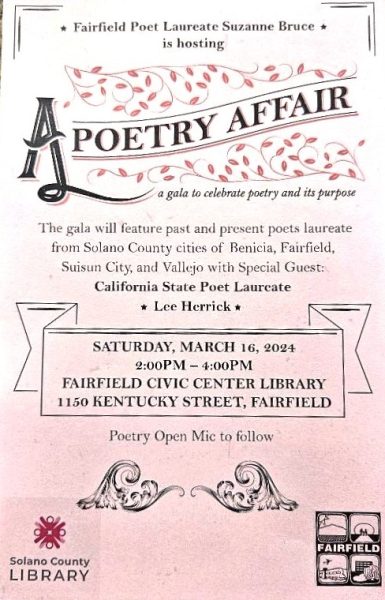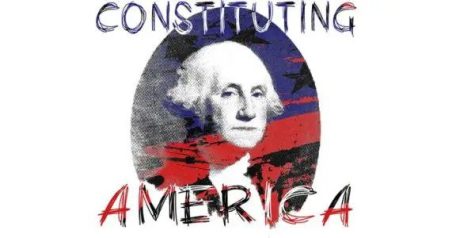Speech Isn’t Free…Unless We All Agree
The winning essay for the Constitution Essay Contest by Victoria Lawson
The competition is wide open for future contests.
Freedom of Speech, guaranteed in the First Amendment of the Bill of Rights, is described as, “Congress shall make no law respecting an establishment of religion, or prohibiting the free exercise thereof; or abridging the freedom of speech, or of the press; or the right of the people peaceably to assemble, and to petition the Government for a redress of grievances.”1 The Founding Fathers, who experienced tyranny under Great Britain, understood the importance of guaranteeing individual freedoms, thus requiring the addition of the Bill of Rights before
ratifying the Constitution.
The principle of Freedom of Speech earned its placement within the First Amendment due to its significance and it encompasses many methods, including public speaking, protesting, and even the right to not speak.2 Although Freedom of Speech exists today, it is under attack due to the current polarized political climate and advancement in technology.
Freedom of Speech as defined in the Bill of Rights still exists today, however, since the ratification of the Constitution 231 years ago, people have “exercised, restricted, expanded, tested, and debated” this freedom.3 The First Amendment has still preserved its purpose, yet its parameters, as a living principle, have changed through legal decisions and legislation. Freedom of Speech has become more defined and refined through time. As events occur that challenge
the norms of Freedom of Speech, the country, through the three branches of government, and with all political influences involved, decides whether it is expanded or restricted on a case by case decision.
An example of Freedom of Speech being restricted, then expanded, occurred when Gregory Johnson burned an American flag as a form of protest.4 Originally, he was sentenced to one year in jail and fined $2,000.4 Through appeal, Johnson’s case (Texas v. Johnson) was reviewed by the United States Supreme Court, which voted 5-4, in deciding that flag burning
was protected under free speech. The act of desecrating the U.S. Flag is believed by some as traitorous, however, others believe it is a protected act exhibiting the individual rights to protest the government. The U.S. Supreme Court agreed with the latter.
Freedom of Speech is as important today as it was 231 years ago since it allows people to express and debate ideas about different topics. Yet, in a time where people have more access than ever to information, e.g. cable news, social media, etc., it seems that people have become more dismissive of other people’s opinions. Rather than listening and engaging in meaningful dialogue, people seem to gravitate towards like-minded people and/or groups and tune out those that have a difference of opinion, thus diminishing any effort to compromise.
The Freedom of Speech is the cornerstone of individual freedoms, however, the people, while exercising their own individual freedom must also respect others when doing the same, otherwise, we may lose our ability to compromise and instead of being, “We the People…form a more perfect Union”, we may find ourselves forming a less perfect disunion!5
Works Cited
1. “The Bill of Rights: A Transcription.” National Archives and Records Administration. National Archives and Records Administration, 24 Sept. 2018. Web. 10 Oct. 2019. < https://www.archives.gov/founding-docs/bill-of-rights-transcript >.
2. “What Does Free Speech Mean?” United States Courts . Administrative Office of the U.S. Courts, n.d. Web. 10 Oct. 2019. < https://www.uscourts.gov/about-federal-courts/educational-resources/about-educationaloutreach/
activity-resources/what-does >.
3. Munson, Holly. “FAQ: Basic Facts about the Bill of Rights.” FAQ: Basic Facts about the Bill of Rights . National Constitution Center – Constitutioncenter.org, 22 May 2013. Web. 10 Oct. 2019. < https://constitutioncenter.org/blog/everything-you-ever-wanted-to-know-about-the-bill-of-rights >.
4. “Texas v. Johnson.” Oyez, n.d. Web. 10 Oct. 2019. < https://www.oyez.org/cases/1988/88-155 >.
5. “Constitution of the United States.” U.S. Senate: Constitution of the United States . U.S. Senate, 05 Feb. 2019. Web. 10 Oct. 2019. < https://www.senate.gov/civics/constitution_item/constitution.htm >.
To find out more about Victoria Lawson, the author of this winning essay, go tohttps://the-armijo-signal.com/?p=14021.










